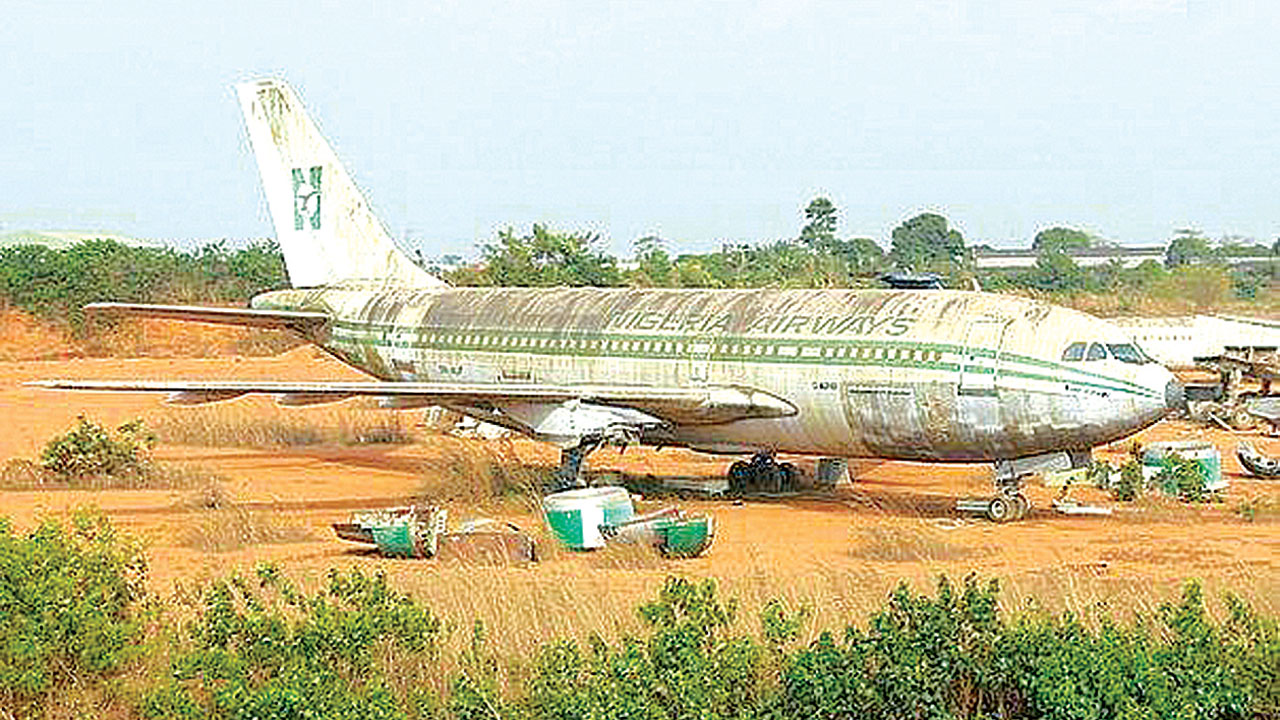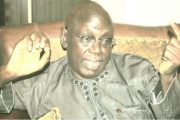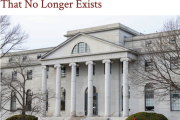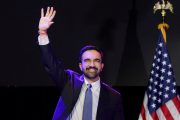It is not clear what might have happened that, from nowhere, someone must have taken the time to assemble pictures of the leading Nigerian elite whose children are studying outside the country and unleash them on social media. It presents questions in ethics, human rights and patriotism.

The late Chief Awolowo
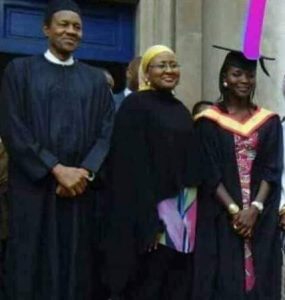
Even the president is beaten by the bug
It is a long time anything similar arose. It brings back the interaction between Chief Obafemi Awolowo and journalists in the early days of the Second Republic, most likely early 1980. The late sage arrived back in Nigeria after a holiday in the aftermath of the electioneering campaigns and legal tussles over the 1979 presidential poll. Journalists asked him why he did not use the Nigeria Airways but another airline belonging to another country.
Chief Awolowo retorted by classifying the question as a rude one. He said he was not in the habit of buying the second best whenever he went to the market, implying that it would be foolish sort of patriotism for him to fly an airline that had no business sense or generally perceived to lack business sense.
Yes, Chief Awolowo was aspiring to lead Nigeria and it would have been symbolic for him to fly Nigeria Airways. But, at that time, he was not holding any official position. He had no obligation beyond the symbolic to patronize an airline that would delay take-off to wait for a government official who was yet to have his bath. That was the reputation the Nigeria Airways had acquired by then. Chief Awo’s action would continue to be a subject of reflection. In the meantime, something similar but more problematic is happening.
In first quarter of the 21st century, majority of people who are running the country are ensuring that their own children escape what passes for the educational system at home by going outside to get it. As the leaders, is it ethical for their children to go out from an educational system that they themselves have said cannot deliver?

The Vice-President mudt have found it irresistible not to join them. After all, his boss leads the way there

Immediate past SP and perhaps a future president is in it
The president himself said recently that the universities have disappointed the nation. One of his ministers for education said the universities have been nowhere to be found in relation to Nigeria’s quest for industrialisation. So, he was suggesting a longer duration for the First degree, an arrangement he thinks might make the quality better. The legendary struggle of the body of academics speaks to a university system that has broken down relative to the height that system attained up to a few decades back.

And then the ruling party’s leader

And then the chief ideologue of the ruling party
But there is a human rights issue that can be argued. To suggest that someone cannot go for his or her education wherever the opportunity abounds is to impose restrictions on right of movement and everything that comes with that. Of course, the contrary argument would be whether such rights can be enjoyed when one’s parents are implicated in denying others the very quality education being sought elsewhere, not for the sake of one-worldism but because what exists at home is not it.
The contrary argument leaves everyone stranded as to why the top layer of national elite might conspire and kill a national educational system but turn around to send their own children elsewhere. Can anyone or anything free them from a charge of miserable patriotism profile? Or might they have any attenuating reasons for that?

Presidential hopeful, Atiku Abubakar is with them

And the ruling party’s chief of strategy
Very interesting is how there is neither ethnicity nor religion in the matter. There is no North and South either. On this, the elite are united. There are elite members from both religion and from all the regions. None of the two dominant political parties is radical or nationalist enough to bar its leading lights from sending his or her child out until the educational system at home is transformed.
And what is the crisis in the Nigerian educational system that nobody can sort it out? The teachers are there, the students are eager to learn if the learning condition could be improved. The system was world class before and knows what it is to be world today. Is the top echelon of the elite sending their children to study outside another way of saying that the problem cannot be solved?

